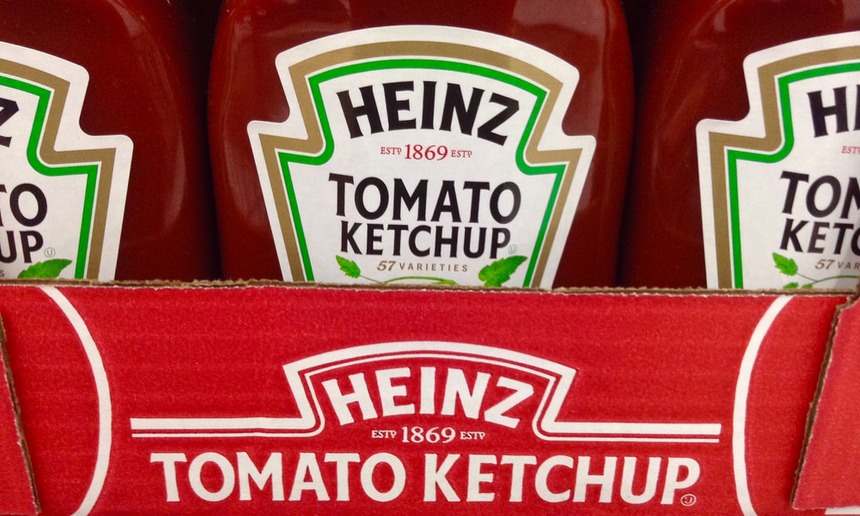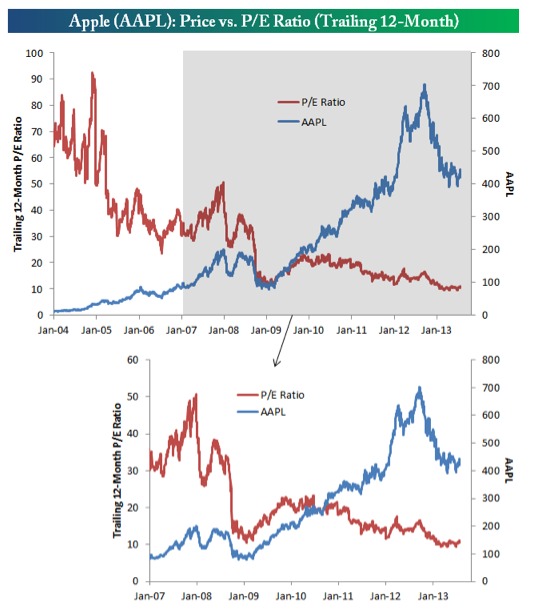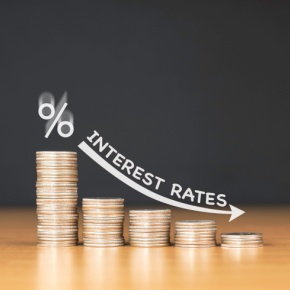The deal-making synapses of CEOs are in overdrive these days.
A combination of ultra-loose monetary conditions, cheap borrowing costs and flush cash reserves at companies around the globe have powered a spike in mergers.
Among the major deals in March: H.J. Heinz Co. announced plans to buy Kraft Foods, which will create one of the largest food and beverage companies in the world with annual revenue of about $28 billion.

According to research firm Dealogic, the value of global mergers and acquisitions hit $887 billion during the first quarter of 2015.
That’s up 23% for the same period last year and the fastest pace since 2007.

And that doesn’t factor in Royal Dutch Shell’s (RDS/A) $70 billion deal to buy BG Group (BRGXF) announced in early April, the first of what analysts think could be the start of mega-deals in the consolidating energy industry.
M&A Plays
If you are a discerning investor, or lucky, sometimes you can identify a potential acquisition target before a formal offer is made.
However, there are other more indirect ways to give your portfolio exposure to the current deal-making frenzy.
First off, there are the big global banks that specialize in merger advice and raising capital to make deals happen.
In the first quarter, Goldman Sachs (GS) topped Dealogic’s global M&A advisory ranking with deals totaling $211 billion.
Next up were JP Morgan (JPM) and Morgan Stanley (MS), with $209.2 billion and $165.7 billion, respectively.
Hot Sectors
Another strategy is to target the sectors where dealmaking has been particularly hot.
Healthcare was the most active sector in the first quarter for mergers, followed by real estate and technology, according to Dealogic.
Merger Arbitrage
One common approach is to look for opportunities to arbitrage the price differential between the stock price of target companies and their proposed acquisition price.
When a deal is consummated, the share price of the acquired company rises to the closing deal price, according to recent post by Zacks Investment Research.
If you like this approach, the IQ Merger Arbitrage ETF (MNA) may be worth a serious look. The fund focuses on global companies in play.
Takeaway
The animal spirits are stirring in board rooms around the world, thanks to low borrowing costs around the globe.
Want in? Consider investing in global investment banks, healthcare and technology sectors and ETFs that specialize in merger arbitrage.
Based on the first quarter, 2015 is looking like a vintage year for M&A.
Continued Learning: 5 signs the Chinese stock markets are bubbly
Photo Credit: Mike Mozart via Flickr Creative Commons




